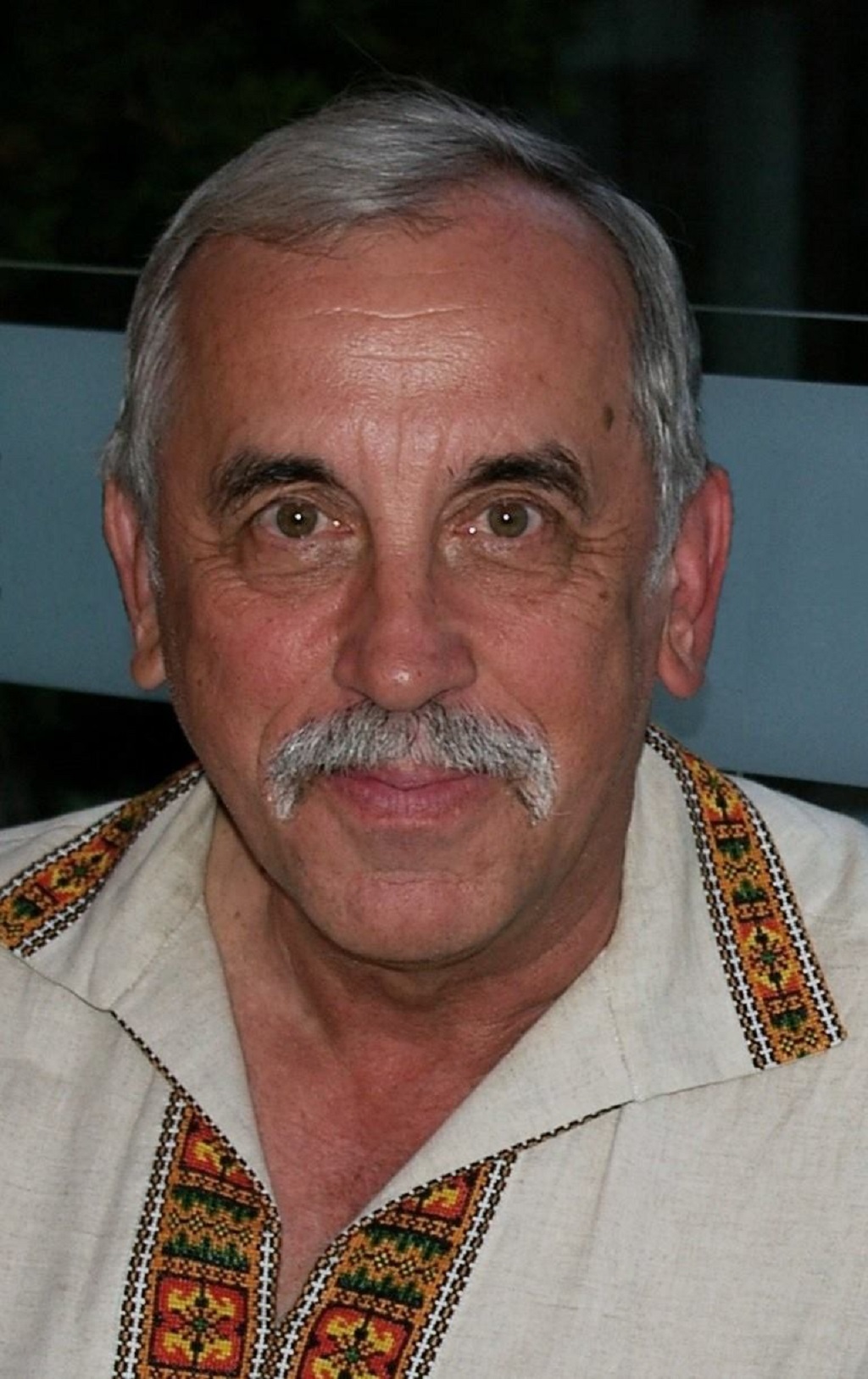Volodymyr Kish.
I got involved last week in a Facebook dialogue that resurrected the centuries-old troubled relationship between Poles and Ukrainians. Despite being closely related Slavic cousins and neighbours, there have been a few significant periods in history when the two were not engaged in war or conflict of some kind. Historical grievances run deep, and there are many on both sides that will not let go of the never-ending cycle of revenge and retribution.
The catalyst for the aforementioned dialogue was the recent Ukrainian Independence Day celebration in Toronto. Amongst the dignitaries in attendance was the provincial member of Parliament for Mississuga Centre, an area that has a significant Ukrainian population. I know this MPP, Natalia Kusendova, fairly well as she has been involved for quite some time with the provincial Conservative party as a liaison with various ethnic communities, including Ukrainians.
Ms. Kusendova is a bright, engaging, earnest and dedicated individual, who also happens to be Polish.
To make a long story short, Ms Kusendova posted pictures of herself on her Facebook page attending the Ukrainian Independence Day celebrations with various prominent members of the Ukrainian community, most of them sporting their traditional embroidered garb. The pictures appear to have offended one of her Polish Facebook followers who reprimanded her strongly for consorting with Ukrainians, who he asserted were responsible for unforgivable genocidal acts against Poles in Volhynia during World War II. To her credit, Ms. Kusendova crafted a well thought out diplomatic reply, focusing on the importance of not allowing old grudges and historical misdeeds to govern contemporary relations. While not forgetting history, we should seek to strengthen ties rather than aggravate old wounds.
I commended her on her reply, and in subsequent posts also noted that Ukrainians had been similarly victimized by Poles during that same era of history, so that neither side was exactly blameless. This was challenged by a number of individuals, presumably Polish, who claimed that Poles never committed acts of genocide, massacres or repression against Ukrainians, unlike, they continued, the actions of Ukrainians, particularly the UPA, Banderivtsi and the SS Galicia Division. When I began to challenge some of their assertions by citing facts and examples to the contrary, the dialogue deteriorated to one of the Polish dialoguers calling me a moron and a fascist sympathizer. At that point, I exited the conversation. When facts and rational debate degenerates into invective and name-calling, there is no point in talking any further.
I should add that there were Poles who were part of the above exchange that did engage in a much more reasoned and fair-minded manner. While recognizing that some individuals and groups on both sides committed some pretty awful deeds during trying times of war, we agreed that both sides should refrain from assessing collective guilt and allowing historical mistakes to fuel a divisive influence on future generations.
From what I have seen and read over the past few decades, I truly believe that the vast majority of both Ukrainians and Poles would like to bury the hatchet, so to speak, and work towards reconciliation. Burying the hatchet does not imply burying and forgetting history. Reconciliation can only truly happen when both sides of a conflict can arrive at a common interpretation of the truth about what happened in the past and agree to set historical grievances aside in favour of a more constructive and friendly future. History should be fairly researched, interpreted and documented by unbiased historians and scholars, recognizing that there are individuals and groups, particularly extremist political groups, that like to exploit historical traumas for their own nefarious agendas. There are also rogue states, such as the current Russian one who would like nothing better than to see Poland and Ukraine at each other’s throats. To that end, the Russian FSB is no doubt investing a lot of effort and funds to fuel hate and division between Poles and Ukrainians.
As Ukrainians, we cannot ignore or deny the fact that various ultranationalist factions within the UPA and OUN did commit atrocities on the Polish population in Ukraine. It is up to historians and experts to determine the extent and consequences of such acts, as well as who was responsible. The fact that some Poles committed similar atrocities on Ukrainians cannot legitimately be used as a defense or justification for what happened, as in doing so we forfeit any moral high ground in the matter.
Historical traumas leave wounds that often fester for generations if not centuries. Nonetheless, as civilized human beings, we must constantly try to rise above our deep-seated, emotional desire to seek revenge, and focus our efforts towards building a more peaceful and co-operative future for all of mankind.
Share on Social Media




































